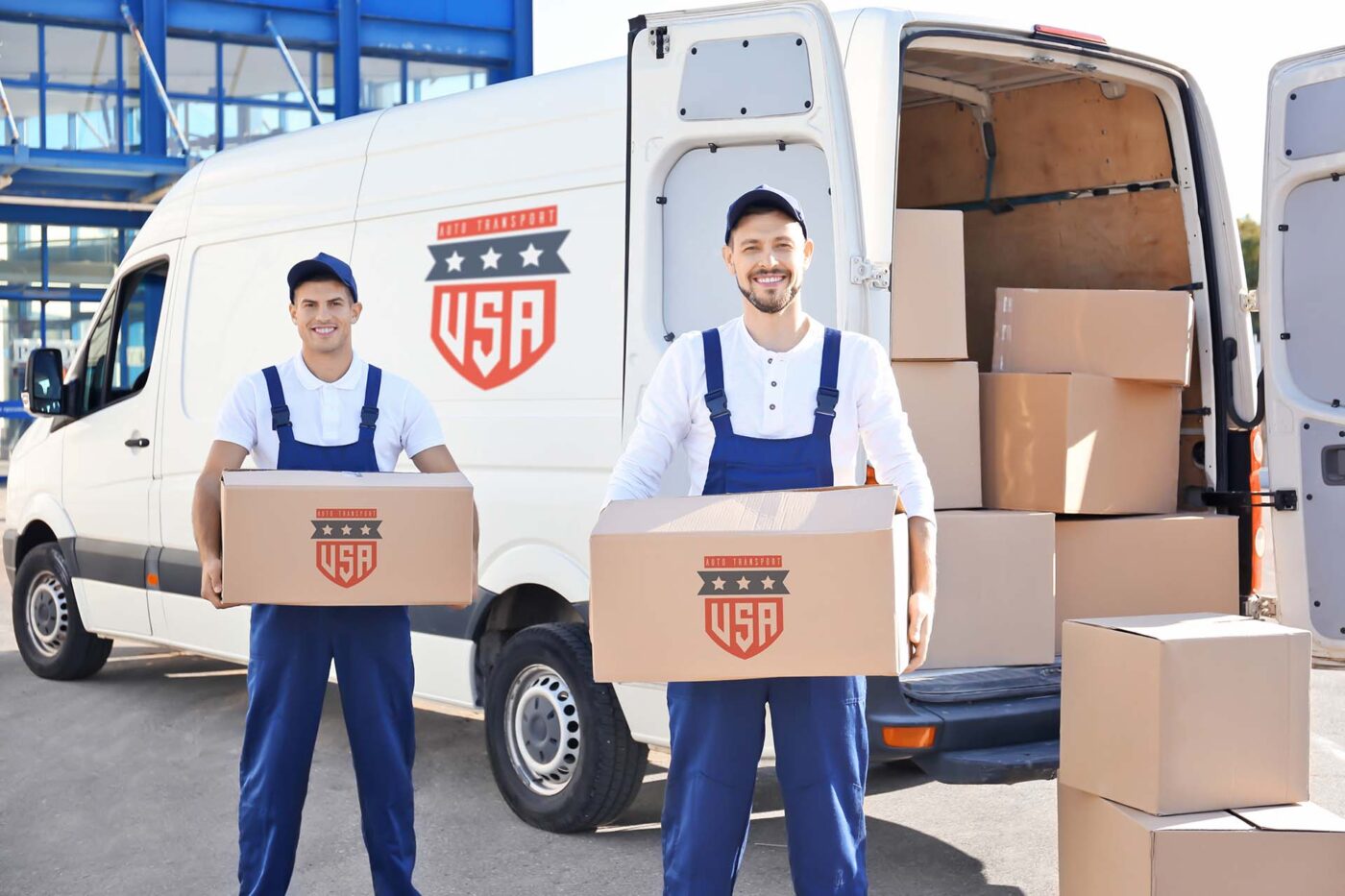The program contains a database that records drivers’ drug and alcohol violation information. It is mandatory for carriers, medical review officers (MROs), substance abuse professionals (SAPs), and state driver licensing agencies (SDLAs) to report information on driver drug and alcohol violations to the clearinghouse. The program also requires drivers to provide consent to their employers to access their records. This helps employers make informed hiring decisions and ensures that CMV drivers are not under the influence of drugs or alcohol while on the road.
- Services
-
Cities We Cover
- Albuquerque
- Atlanta
- Austin
- Baltimore
- Boston
- Brooklyn
- Charlotte
- Chicago
- Cleveland
- Columbus
- Dallas
- Denver
- Detroit
- Eugene
- Hoboken
- Houston
- Idaho
- Indianapolis
- Las Vegas
- Los Angeles
- Miami
- Milwaukee
- Minneapolis
- New Jersey
- New York
- Palm Springs
- Palo Alto
- Philadelphia
- Phoenix
- Pittsburgh
- Portland
- Queens
- Reno
- Sacramento
- Saint Louis
- Salt Lake City
- San Antonio
- San Diego
- San Francisco
- San Jose
- Santa Ana
- Santa Barbara
- Santa Monica
- Santa Cruz
- Seattle
- Syracuse
- Washington DC
- Blog
- Tracking
- About Us
- Contact Us












